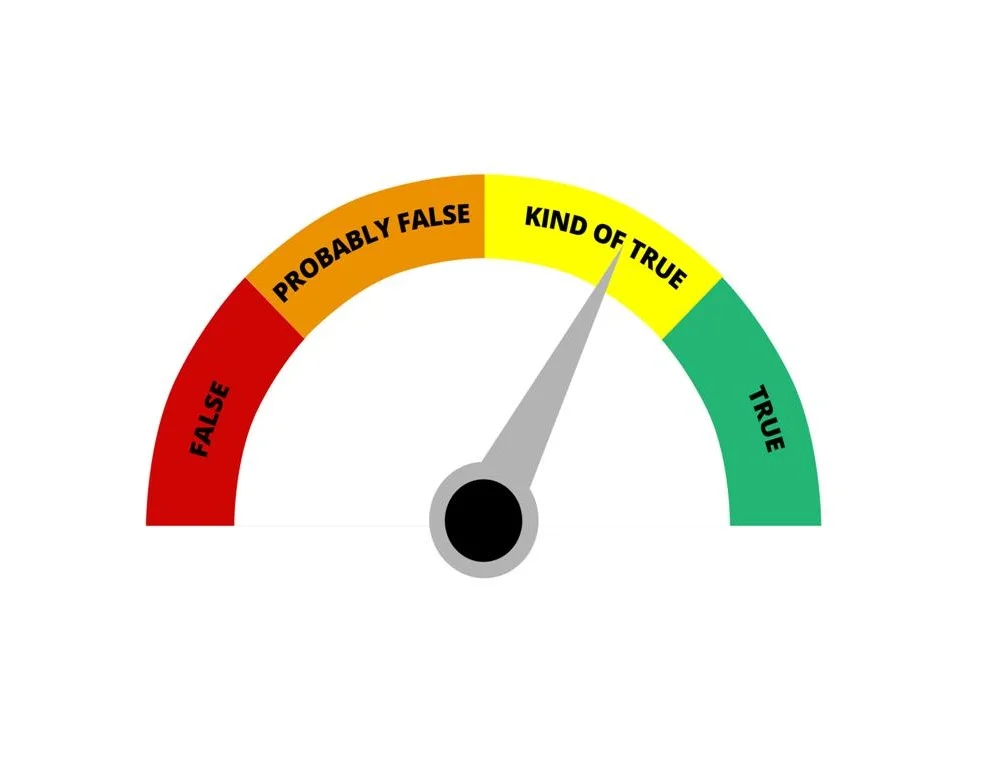

Often in my blog, Brain Bubbles, I'll share my thoughts about various aspects of writing. I love good writing, and am committed to improving the craft.
These posts are prompted by reader questions, an item in the news by a writer/author, or something (other than the voices) stirring in my head. These are shorter pieces, that are expanded in or continued in the articles on the right.
In my new novel, I draw from my experiences and involvement with what’s now known as “conversion therapy.” But can it be considered an autobiography?
My novel is finished, which leads to the question of what happens next.
After more than a year of persistent, intense work, my next novel is finished, and ready to send to the publisher.
As I write my next novel, I’m sharing some of the interesting and challenging aspect of the process.
I’m at a crucial place in my new novel, and an old challenge is hindering my progress.
I came across a novel I’d started writing…and abandoned…almost ten years ago. After re-reading it, I think it has potential. But it will require a unusual method of writing for me.
The decision to kill a main character requires thought, intent and should not be taken lightly.
I often get inquiries about the “folks” who populate my stories—whether they are thinly disguised versions of real people.
For those who like to read, but prefer a "tamer" fare, there’s an App that can remove offensive words. But should it?









As a writer, the characters in my book are born in my imagination. After that birth, they often take on a life of their own. They say and do things that surprise me.